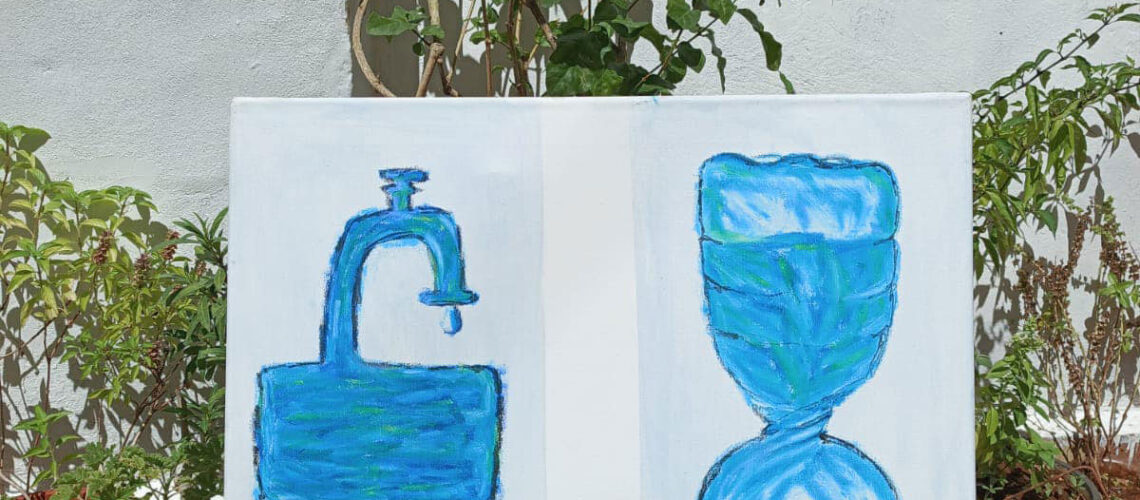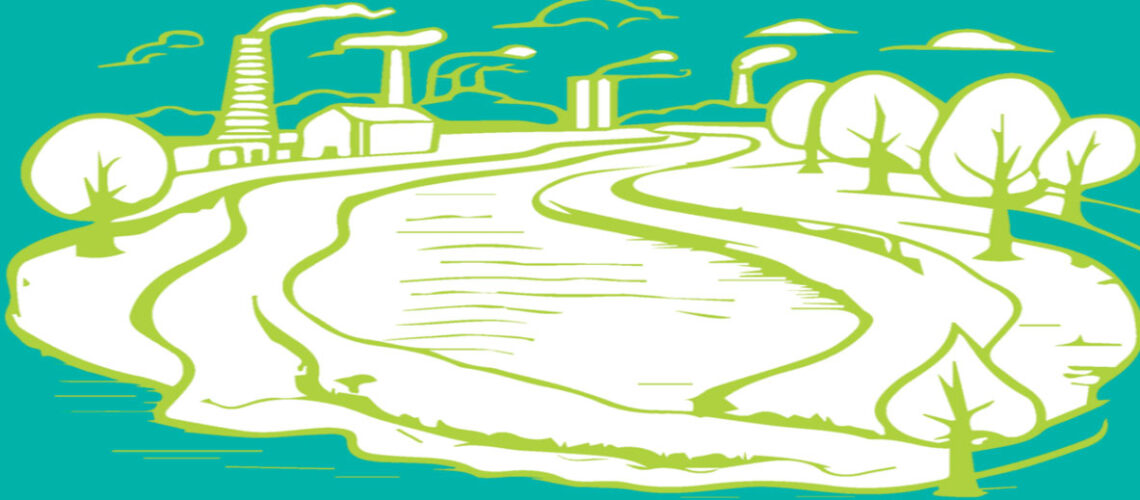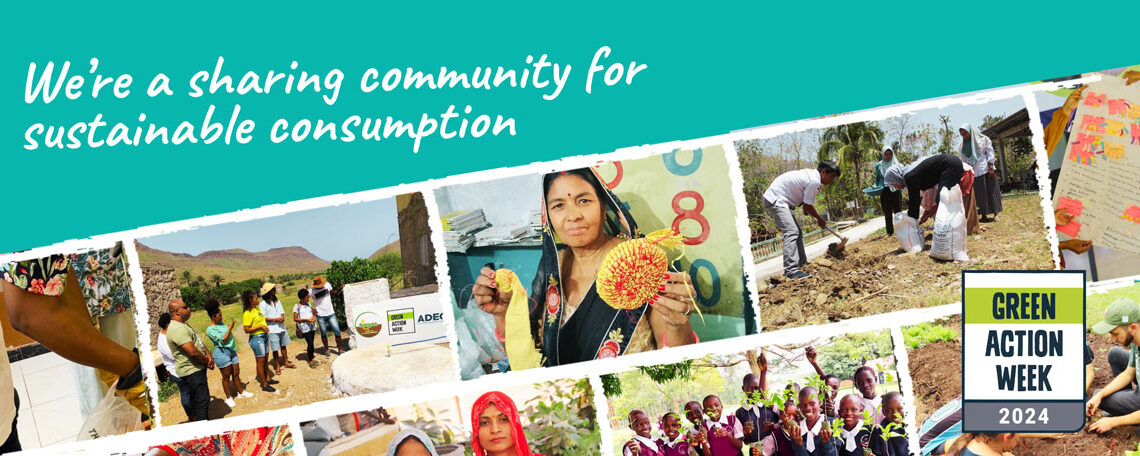Campaigning for Sustainable Resource Use
Consumer Lebanon
Water is not just something we drink—it’s the lifeblood of our planet, crucial for both survival and sustainable development. But with a growing global population, climate change, and reckless consumption, our precious freshwater supplies are under serious pressure. To meet the 2030 Agenda for Sustainable Development, we all need to get serious about managing water wisely, because let’s face it, you can’t achieve those goals without it. And remember: every drop truly counts!

Consumer Lebanon
Water is not just something we drink—it’s the lifeblood of our planet, crucial for both survival and sustainable development. But with a growing global population, climate change, and reckless consumption, our precious freshwater supplies are under serious pressure. To meet the 2030 Agenda for Sustainable Development, we all need to get serious about managing water wisely, because let’s face it, you can’t achieve those goals without it. And remember: every drop truly counts!
In response to this challenge, Consumer Lebanon joined forces with other organizations to kick off an awareness campaign about water conservation. But with the added challenge of being in a war zone, they had to get creative! They launched a fun and engaging campaign using WhatsApp and social media to reach people where they are. Special campaigns were created just for women and youth, making sure everyone could get involved—no matter their age or gender. Through these digital platforms, they shared educational materials and useful tips, proving that even in tough times, there’s always a way to make a splash in the fight to save water!

In response to this challenge, Consumer Lebanon joined forces with other organizations to kick off an awareness campaign about water conservation. But with the added challenge of being in a war zone, they had to get creative! They launched a fun and engaging campaign using WhatsApp and social media to reach people where they are. Special campaigns were created just for women and youth, making sure everyone could get involved—no matter their age or gender. Through these digital platforms, they shared educational materials and useful tips, proving that even in tough times, there’s always a way to make a splash in the fight to save water!
Consumers’ Association of Penang
The Consumers’ Association of Penang (CAP) took a bold step to tackle the growing concern of excessive energy use, a major contributor to climate change. In a fun and exciting effort to inspire change, CAP organized an engaging workshop on 5 October. The event wasn’t just informative—it was hands-on! Participants were shown practical, easy-to-implement ways to save energy at home, with a special focus on natural cooling methods. They learned how to use cooling plants to reduce the heat inside their homes, as well as how refreshing, homemade cool drinks can be a lifesaver on those sweltering days.
As part of their ‘Sharing Energy-Saving Tips: Cooling Naturally’ campaign, CAP also launched a month-long seed-sharing project. It was all about fostering a spirit of community, where people could exchange seeds, cuttings, and plants—encouraging sustainable gardening and natural cooling solutions. And it didn’t stop there! CAP teamed up with local schools to spread the word on energy-saving tips, bringing even more people on board in the mission to reduce energy use and protect our planet. It was an event that blended learning with action, showing that saving energy can be both fun and effective!
Consumers’ Association of Penang
The Consumers’ Association of Penang (CAP) took a bold step to tackle the growing concern of excessive energy use, a major contributor to climate change. In a fun and exciting effort to inspire change, CAP organized an engaging workshop on 5 October. The event wasn’t just informative—it was hands-on! Participants were shown practical, easy-to-implement ways to save energy at home, with a special focus on natural cooling methods. They learned how to use cooling plants to reduce the heat inside their homes, as well as how refreshing, homemade cool drinks can be a lifesaver on those sweltering days.
As part of their ‘Sharing Energy-Saving Tips: Cooling Naturally’ campaign, CAP also launched a month-long seed-sharing project. It was all about fostering a spirit of community, where people could exchange seeds, cuttings, and plants—encouraging sustainable gardening and natural cooling solutions. And it didn’t stop there! CAP teamed up with local schools to spread the word on energy-saving tips, bringing even more people on board in the mission to reduce energy use and protect our planet. It was an event that blended learning with action, showing that saving energy can be both fun and effective!
Consumer Council of Zimbabwe
The Consumer Council of Zimbabwe’s “Bring a Bag Campaign” aimed to cut down on plastic waste by encouraging consumers to switch to reusable bags. The focus was on giving people the chance to make their own eco-friendly bags from old t-shirts, helping reduce plastic litter that’s taking over urban areas. Despite a government ban on plastic bags, resistance from consumers and informal traders has made the ban ineffective. Plastics, especially single-use bags, account for nearly half of all waste, polluting rivers and dams and even driving up water production costs. Through educational campaigns, the Council worked to change consumer habits and promote reusable bags as a simple solution to plastic pollution.
Consumer Council of Zimbabwe
The Consumer Council of Zimbabwe’s “Bring a Bag Campaign” aimed to cut down on plastic waste by encouraging consumers to switch to reusable bags. The focus was on giving people the chance to make their own eco-friendly bags from old t-shirts, helping reduce plastic litter that’s taking over urban areas. Despite a government ban on plastic bags, resistance from consumers and informal traders has made the ban ineffective. Plastics, especially single-use bags, account for nearly half of all waste, polluting rivers and dams and even driving up water production costs. Through educational campaigns, the Council worked to change consumer habits and promote reusable bags as a simple solution to plastic pollution.

